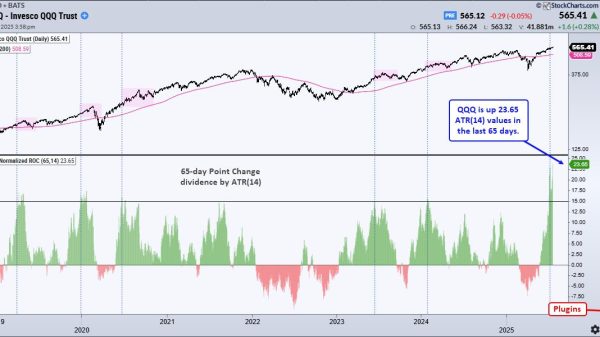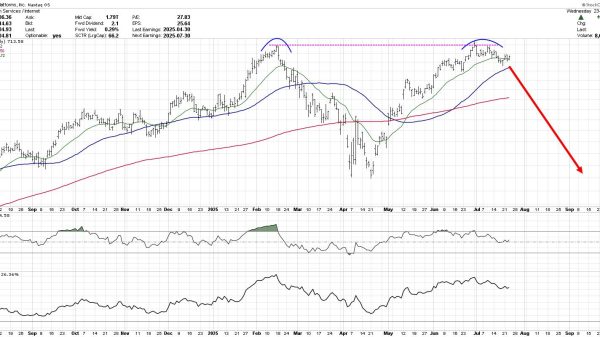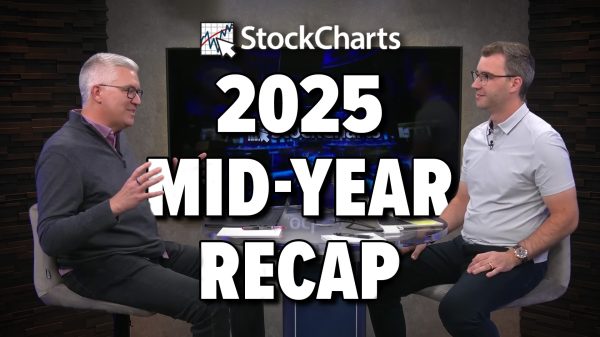
Global semiconductor stocks fell Friday after a lackluster set of results from U.S. chip firm Intel sent its shares cratering, and a global market sell-off weighed on some of the biggest names in the tech sector.
Intel shares fell 28% in morning trading on Friday, after the company reported a big miss on earnings in the June quarter and said it would lay off more than 15% of its employees as part of a $10 billion cost-reduction plan.
A number of major U.S. chip names also dropped on Friday in U.S. premarket trade, with Nvidia trading around 4% lower. Adding pressure to the stock is a report from The Information that Nvidia is the subject of a U.S. Department of Justice antitrust investigation.
The DOJ is looking at complaints that the chip giant allegedly abused its market dominance in artificial intelligence chips, The Information reported.
In response, a spokesperson for Nvidia said that the company “wins on merit.”
“We compete based on decades of investment and innovation, scrupulously adhering to all laws, making NVIDIA openly available in every cloud and on-prem for every enterprise, and ensuring that customers can choose whatever solution is best for them,” the spokesperson said.
The spokesperson added that Nvidia is “happy to provide any information regulators need.”
CNBC has also reached out to the DOJ on the report.
In Asia, Taiwan Semiconductor Manufacturing Co. — known as TSMC — closed 4.6% lower in Taiwan, and Samsung was down more than 4% at the end of the session in South Korea. TSMC is the world’s biggest manufacturer of chips, while Samsung is the largest memory semiconductor firm globally.
Samsung rival SK Hynix, which supplies U.S. giant Nvidia, also fell sharply to close more than 10% lower.
The sell-off continued in Europe. Shares of ASML, which sells key tools required to make cutting-edge chips, were more than 8% lower by midafternoon in the Netherlands. ASMI, which also trades in the Netherlands, was off by 9%. STMicroelectronics and Infineon were both down.
Intel’s results add to the mixed picture across the semiconductor sector, where companies like AMD and Nvidia continue to prosper from the boom in artificial intelligence. Other players, like Qualcomm and Arm, are not yet reaping the benefits of the technology in their financial results.
Adding to the pressure on chip stocks is a global equity sell-off that began in the U.S. and has fed its way through to Asia and Europe. This especially weighed on the tech-heavy Nasdaq and on chip stocks.
The VanEck Semiconductor ETF, which includes major names in the sector, closed roughly 6.5% lower in the U.S. on Thursday.
































